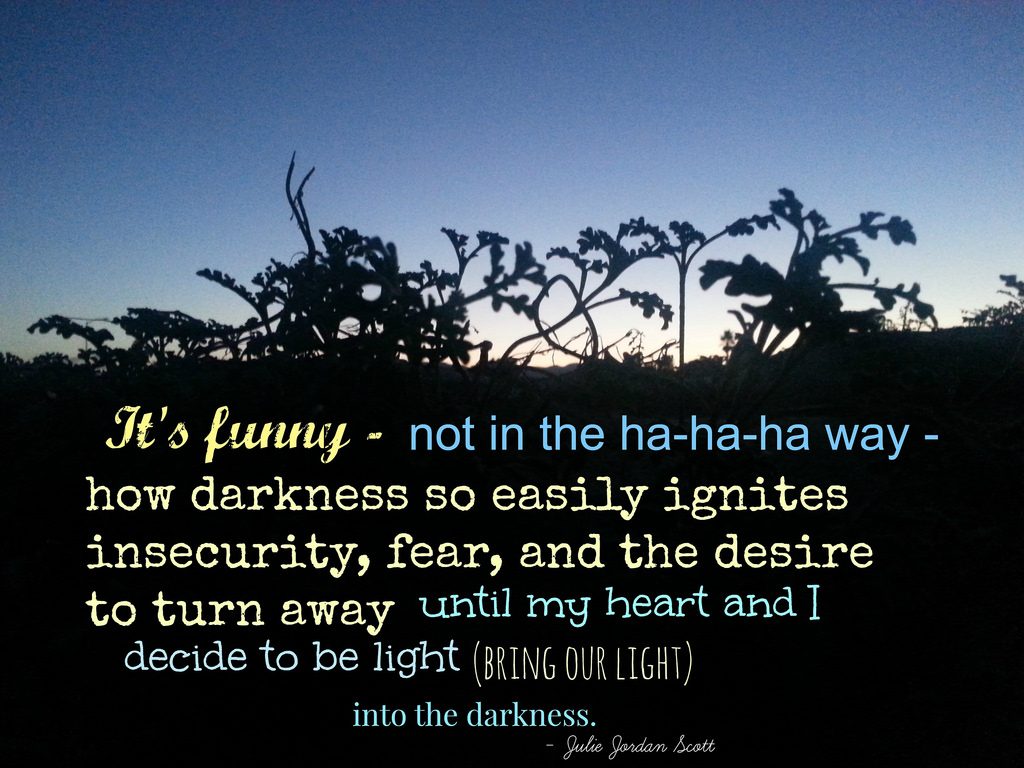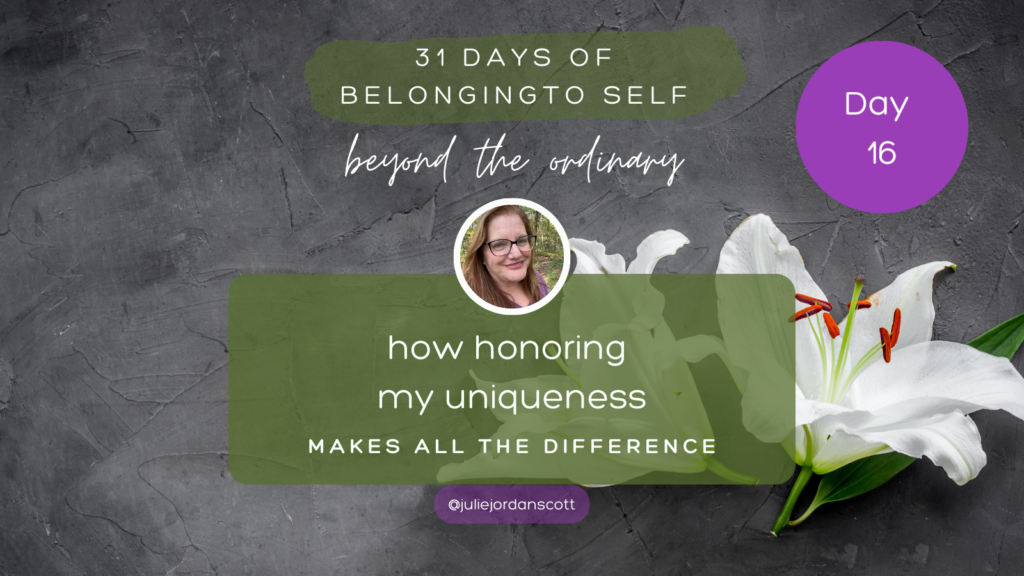
Belonging in Grief: Grief is among the most difficult periods of life. We often shy away from talking about grief or death because our culture has norms that are more accepting of thriving, health and youth than “failing”, not being well and aging.
This is exactly what makes belonging within the context of grieving so difficult.
My mother died in mid-August and my grief has only just begun – and complications due to feelings of not belonging have made it even more difficult than it might have been.
There are times when grieving helps create more belonging. From an unlikely source today, The Power of Habit by Charles Duhigg, we read about NFL Football coach Tony Dungy, who built his team to be successful from having habits to help them win. When Dungy’s 18-year-old son died from suicide, the team became a space of belonging and used that longing to triumph.
This is a bittersweet story.
Then there are the words of meditation teacher Tara Brach who writes, “A sacred space of true belonging allows us to thrive. We feel seen, understood and valued. We are free, safe and held in love. In this place of true belonging, we have some protection of the darkness found in our world.
“We feel deep grief when this sacred place of true belonging is severed.”
Claire Bidwell Smith, in her book “Anxiety: The Missing Stage of Grief” discusses “Designing Your Own Resilience Plan” which is easiest in the company of at least one understanding, trusting person with whom you share a feeling of belonging. Use the planning to attract more people who may become your circle of belonging during this challenging time,
Start with one person, baby steps, and allow yourself the room to go slowly.
You may have a team or organization, a church, a club who may gather to support you in a larger way like the Indianapolis Colts did. You may prefer your experience of belonging to be quiet during your experience.
If you love someone who is grieving, overcome your discomfort in small steps, too. The best step is by letting them know you care about them enough to be uncomfortable. Offer several choices for your friend to choose how to be supported: “Would you like to drive through Starbucks with me or would you like me to drop off a coffee?” might work for some people.
Grief and Belonging don’t naturally seem like they are likely to intersect and it is critical to cultivate belonging after a loss, whether you are the person who is grieving or if you care about the person who is grieving.
This barely scratches the surface AND I think it is important to bring up and talk about, together.
What are your initial thoughts?
Julie JordanScott is a Creative Life Coach, an award-winning storyteller, actor and poet whose photos and mixed media art graces the walls of collectors across the United States. Her writing has appeared on the New York Times Best Sellers List, the Amazon best sellers list and on American Greetings Holiday cards (and other greeting cards). She currently lives in a manse in Sussex, NJ, where she has recently finished her most recent book project, hugging trees daily and enjoys having random inspirational conversations with strangers.
Follow on Instagram to Watch exclusive reels, videos, stories and posts about writing and the creative process.
Let our Words Flow Writing Community: the only one missing is you! Join us in the Private Writing Group
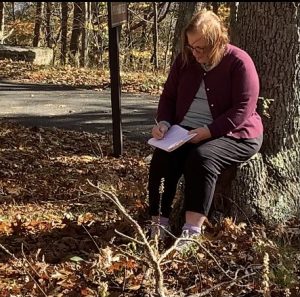

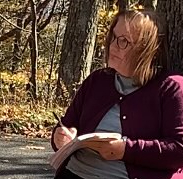
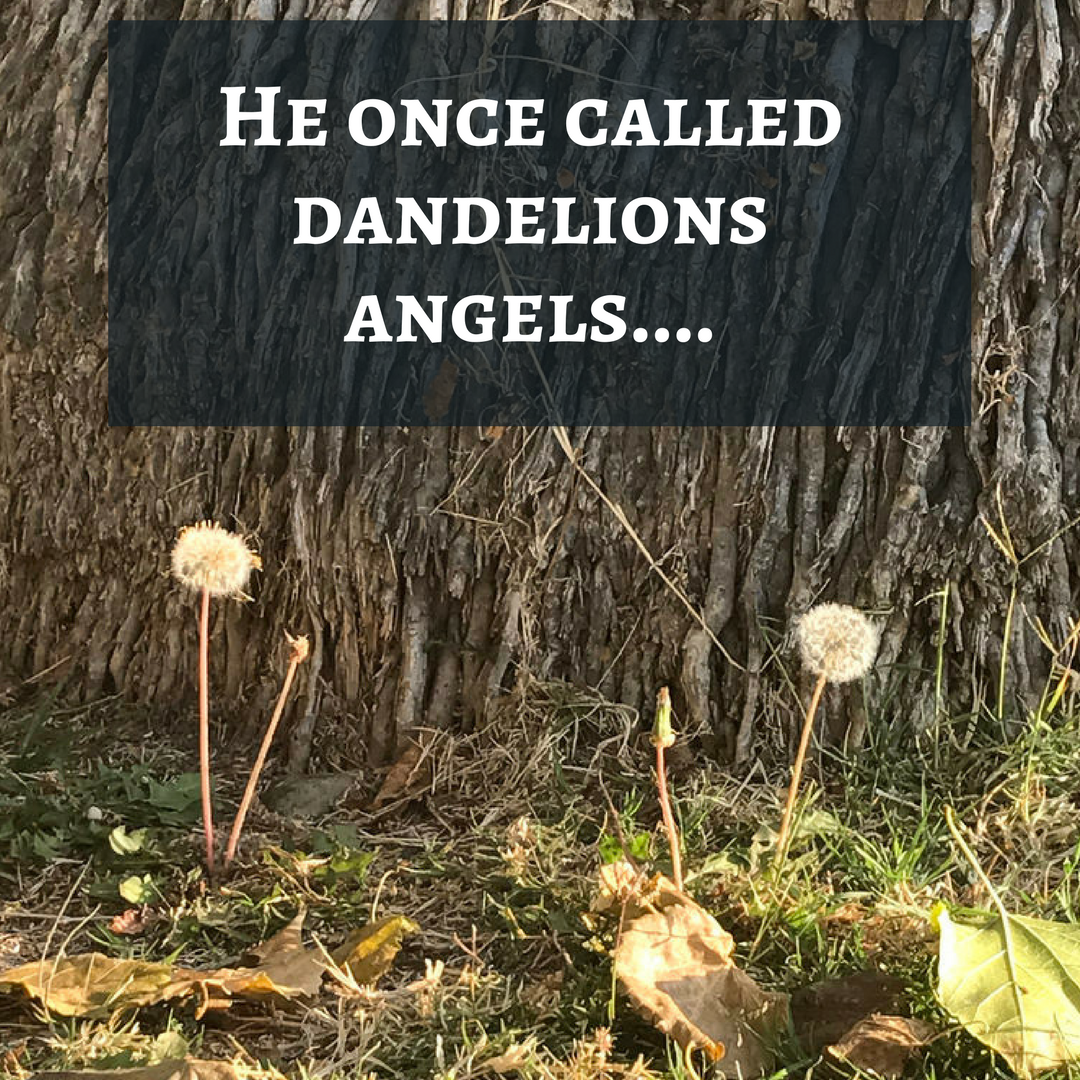
 not have confessed this post script. It sounds pitiful and sophomoric.
not have confessed this post script. It sounds pitiful and sophomoric. Marlena didn’t die because I deserved to be punished, she just died. The facts are the umbilical cord which was designed to bring her life at some point got tangled up and stopped offering her life.
Marlena didn’t die because I deserved to be punished, she just died. The facts are the umbilical cord which was designed to bring her life at some point got tangled up and stopped offering her life.